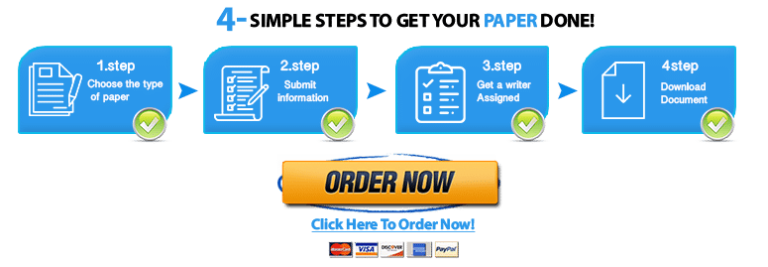Hamlet by Shakespeare, Act 1
1. Discuss the main points of Hamlet’s first soliloquy Act I Scene 2 Ln. 129-160 (I.2.129-160). Identify and interpret at least two poetic images (metaphors) used in the speech.
2. Consider the scenes where Hamlet encounters the Ghost. Discuss the predicaments which the Ghost causes for him and why he hesitates to follow through with the Ghost’s demands. What function does the ghost play in Hamlet or in other stories/movies? Why does the ghost’s demands cause Hamlet difficulty?
3. Discuss the characterization of Ophelia in Act 1. Is she a dutiful daughter, a rebellious and love-struck young woman, or a combination of both? Explain with examples.
Hamlet by Shakespeare, Acts 2-3
1. Discuss the defensive or protective actions which Claudius initiates in Act II. Why does he do this? Explain your answer with examples. What these actions say about Claudius as a leader? Why doesn’t Hamlet take action against Claudius when he has the perfect opportunity? What does this tell us about Hamlet at this point in the play?
2. Discuss the meaning of Hamlet’s last lines in Act II Scene 5: “The play’s the thing/ Wherein I’ll catch the conscience of the king.” What is the nature of Claudius’ conscience? How does Claudius react to the staged murder by the players in Act III scene 2? Does Hamlet receive the information he has been seeking? What does this plan tell you about Hamlet’s mental state at this point in the play?
3. Discuss your interpretation of the famous ‘to be or not to be” soliloquy in Act III scene 1 lines 56-90. What is his ultimate decision?
4. Why does Hamlet verbally attack his mother in her chamber? How does the appearance of the Ghost further her confusion about Hamlet’s mental state?
Hamlet by Shakespeare, Acts 4-5
1. How does Hamlet turn the tables on Rosencrantz and Guildenstern? Do you fault him for taking this action on his friends? Judging from Shakespeare’s story, can a king (leader) have lasting friendships?
2. What statements is Shakespeare making about death in the scene between Hamlet and the gravediggers, specifically with ‘poor Yorick’s’ skull? Explain your answer.
3. Why does Hamlet name Fortinbras as his successor? How does this act illustrate a growth in Hamlet’s leadership abilities?
Please check for plagiarism. This will be submitted to turn it in.
